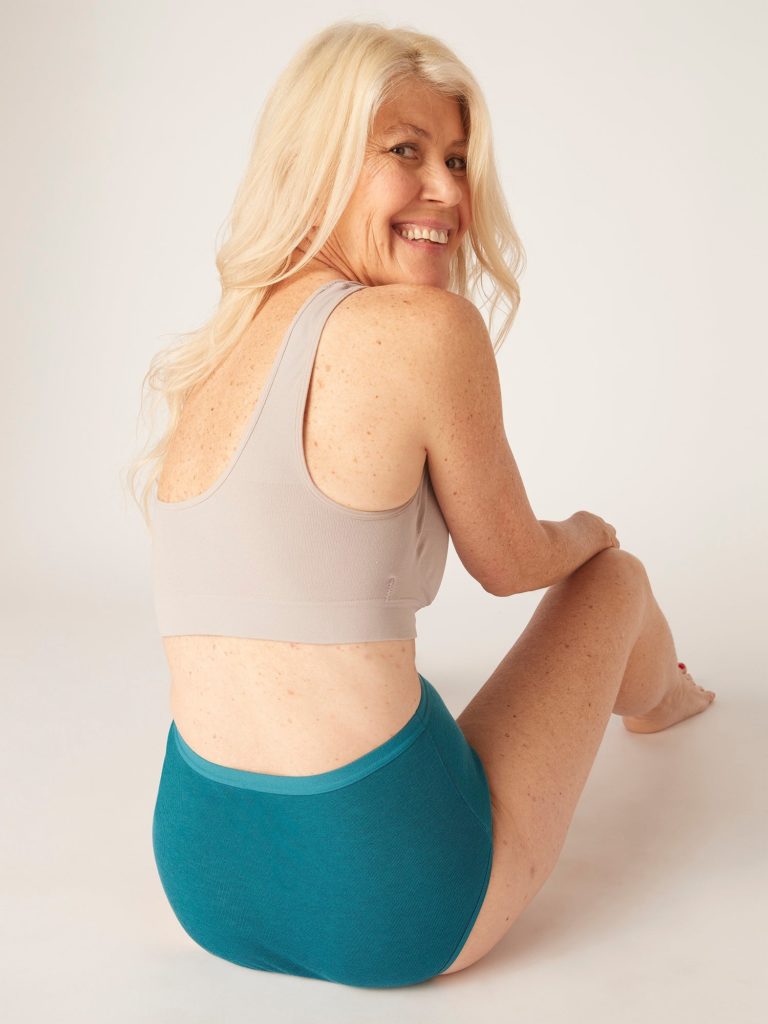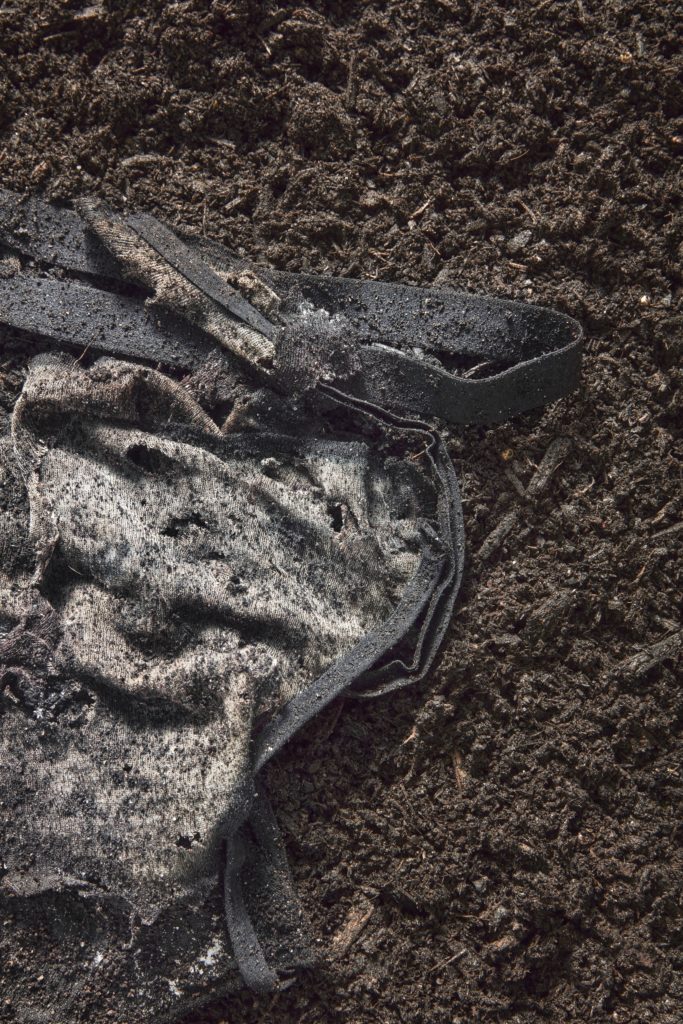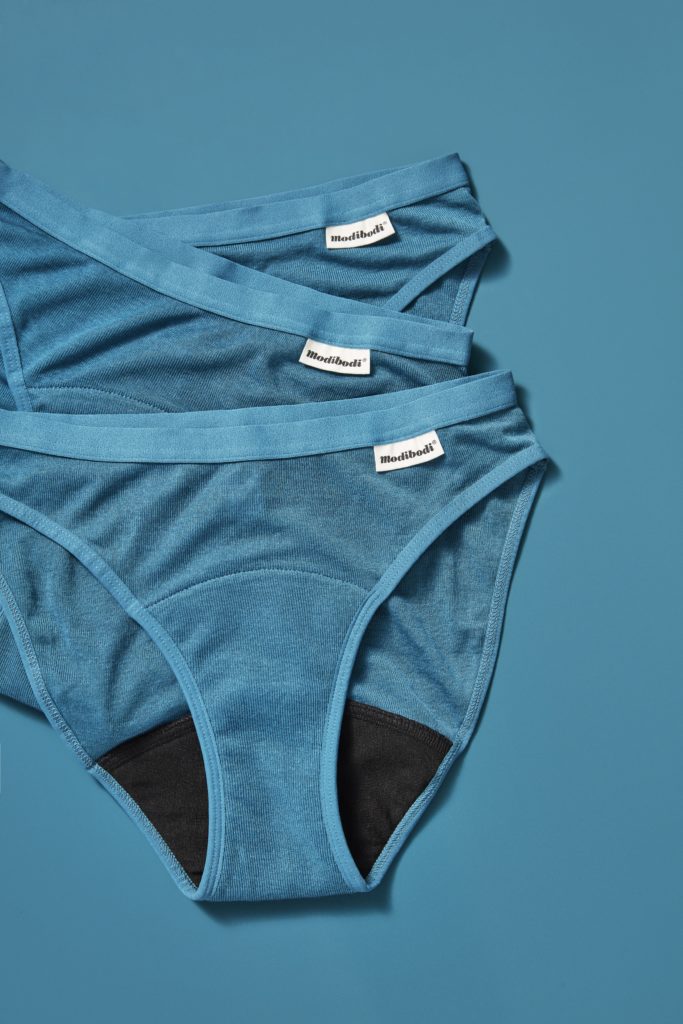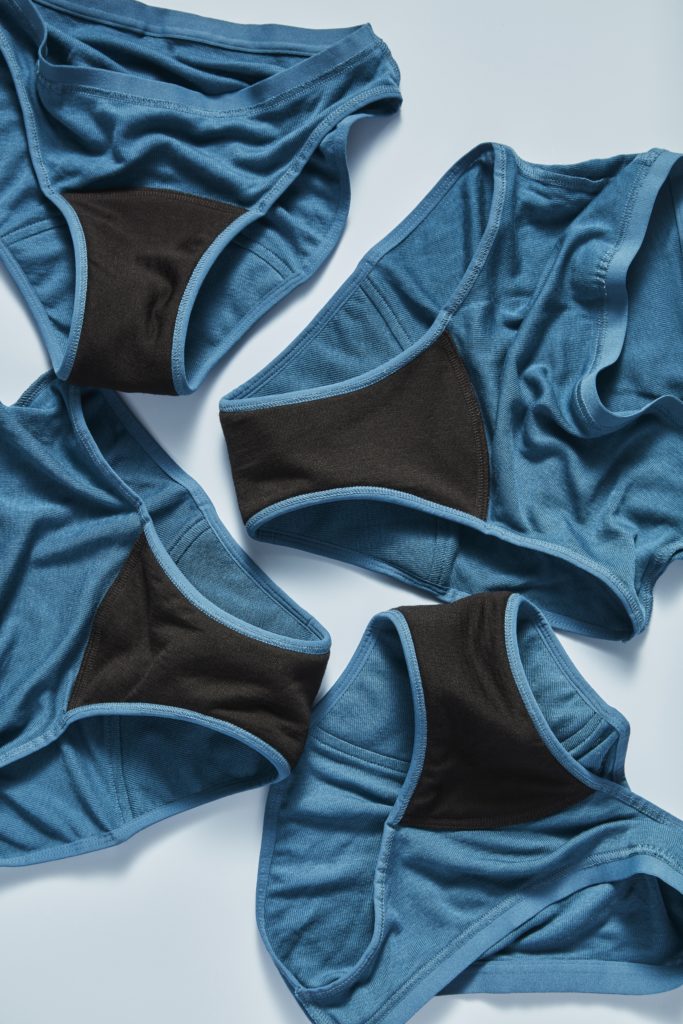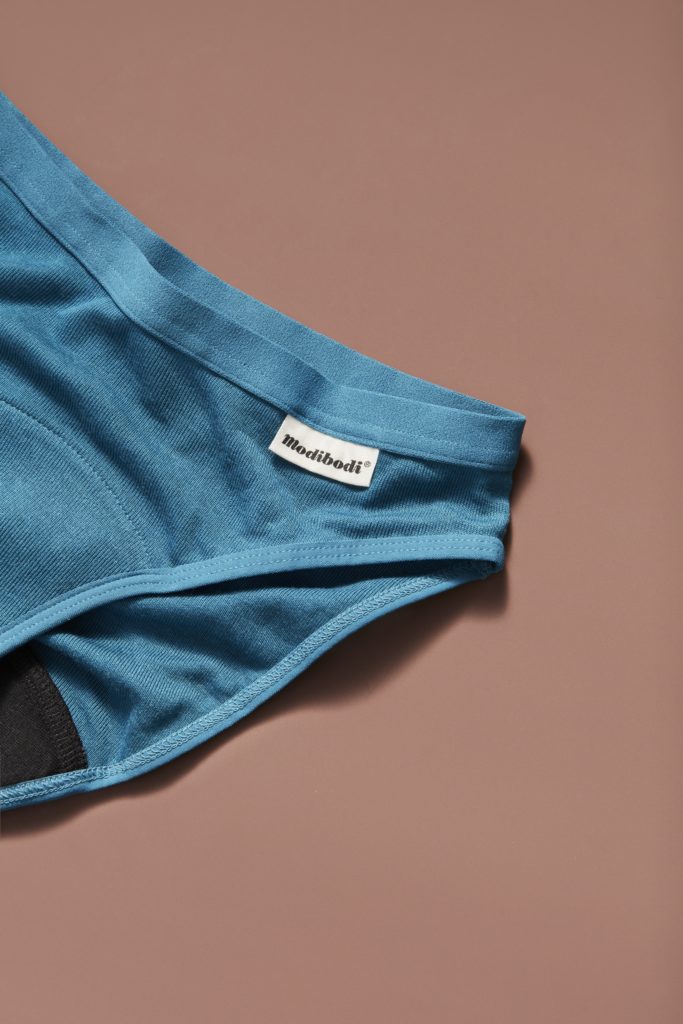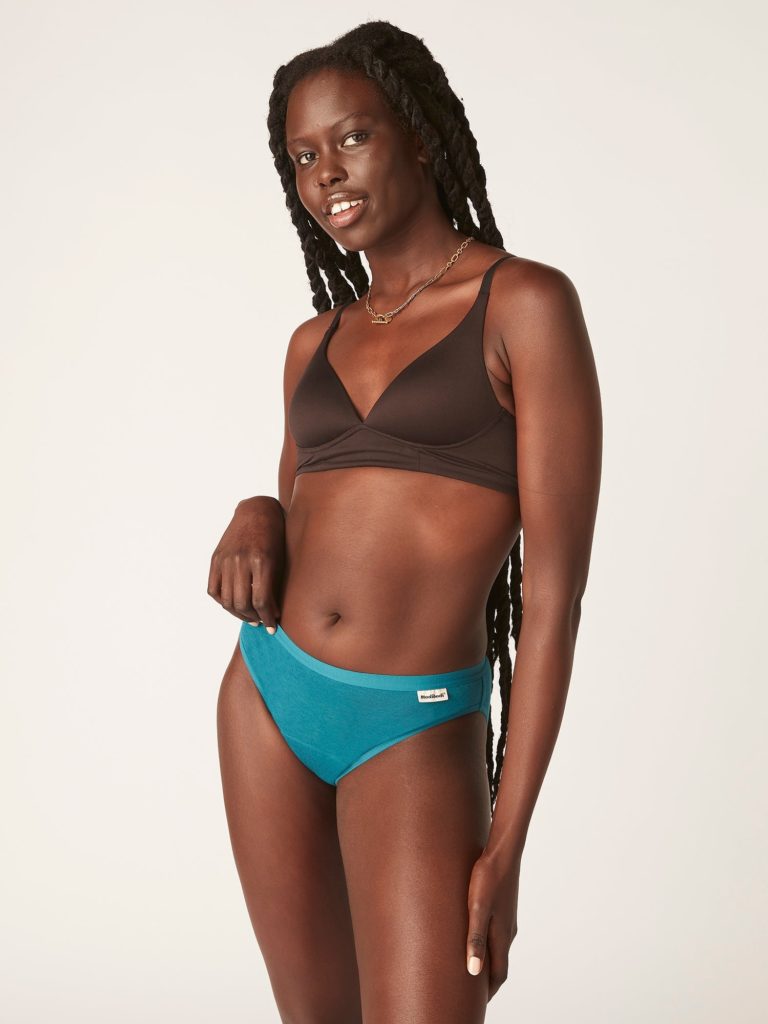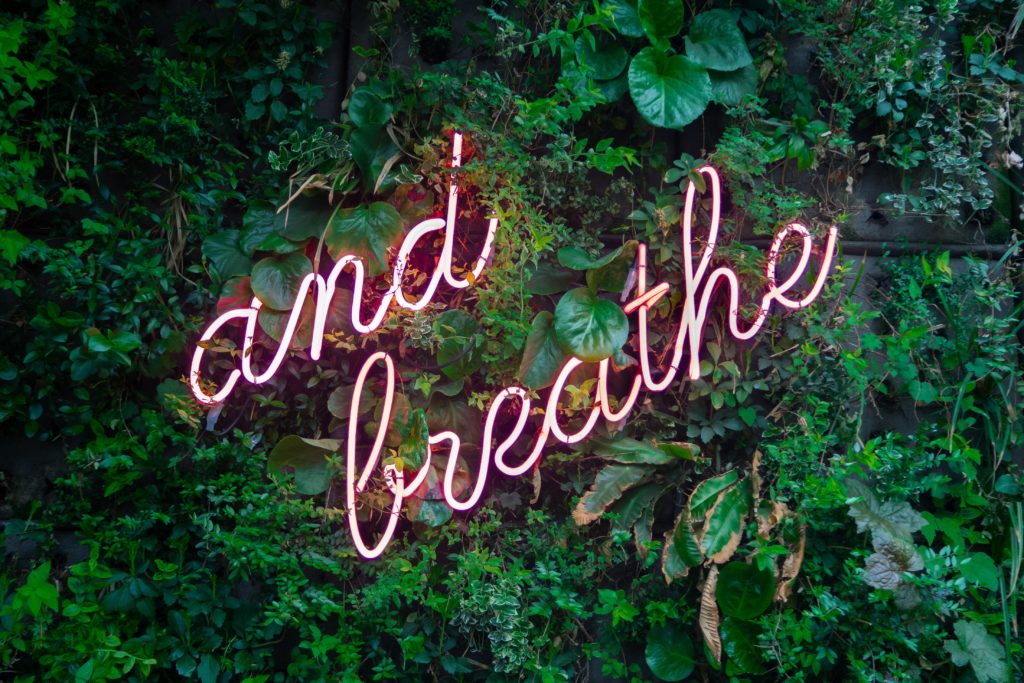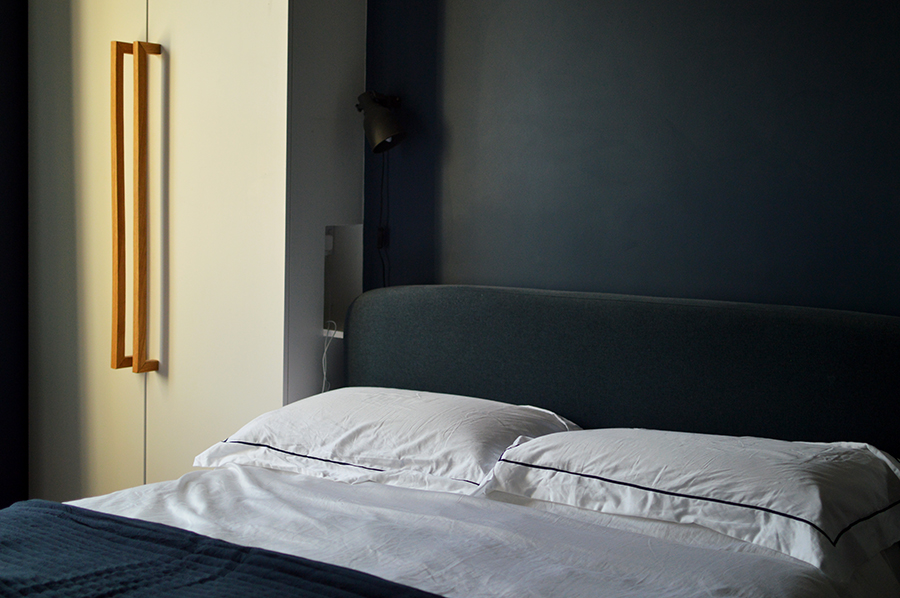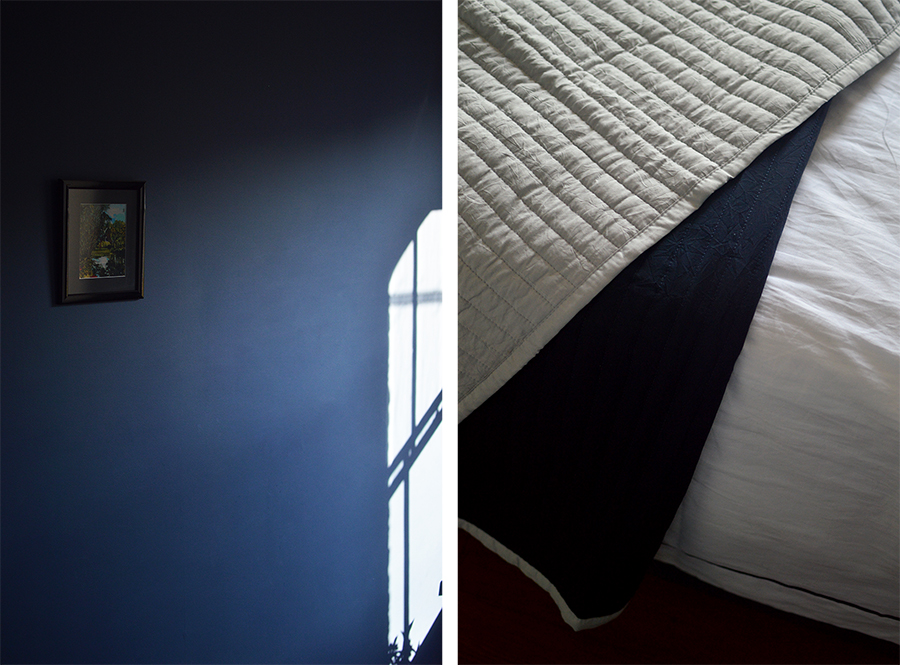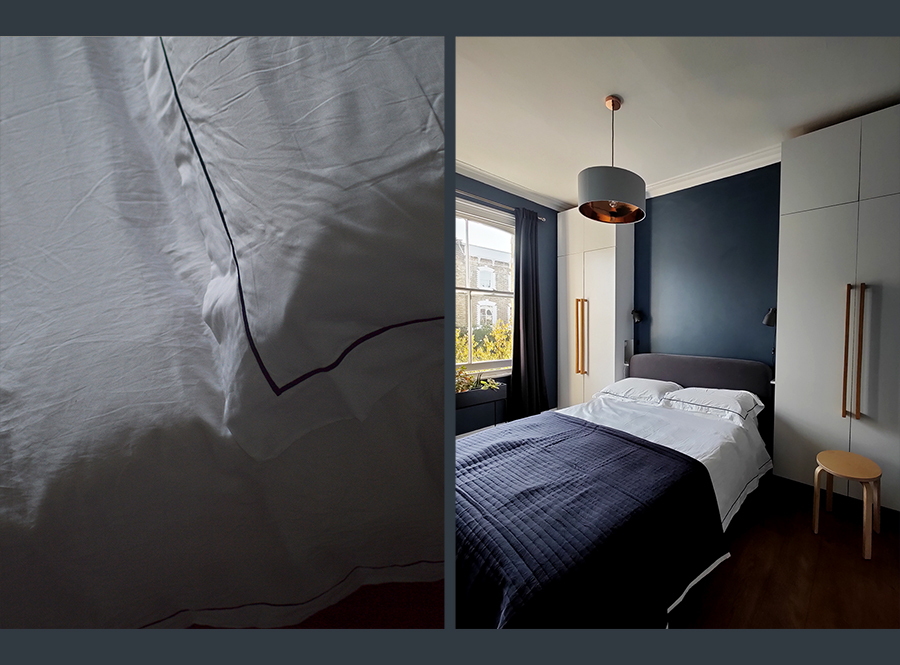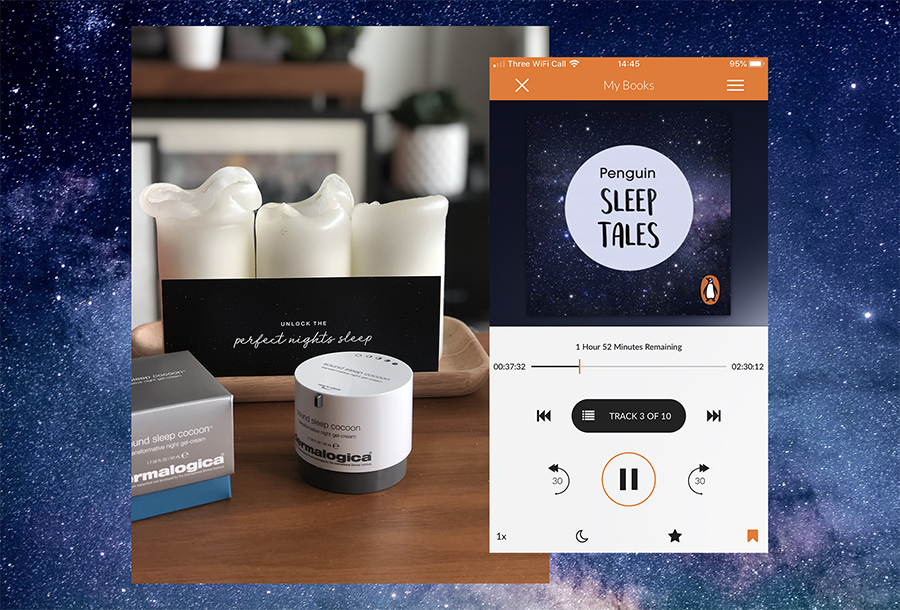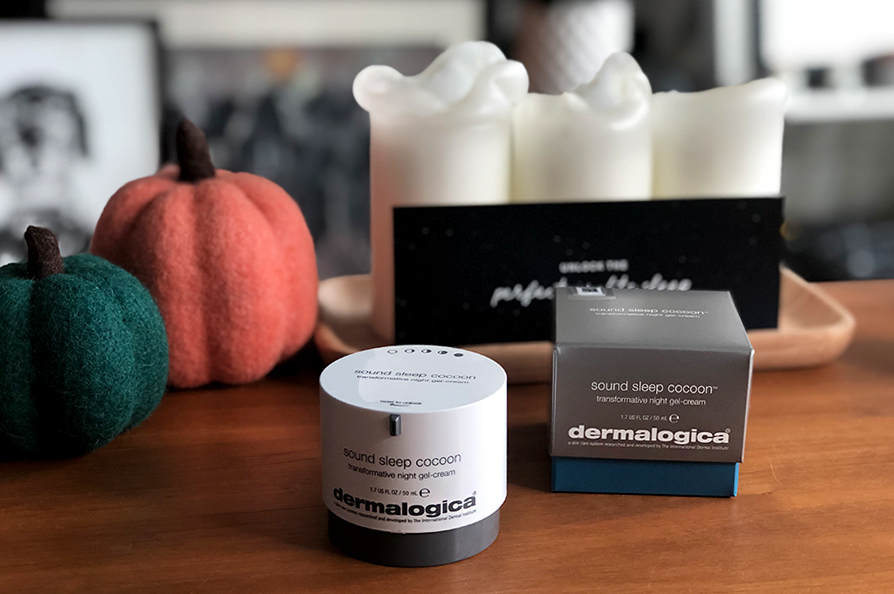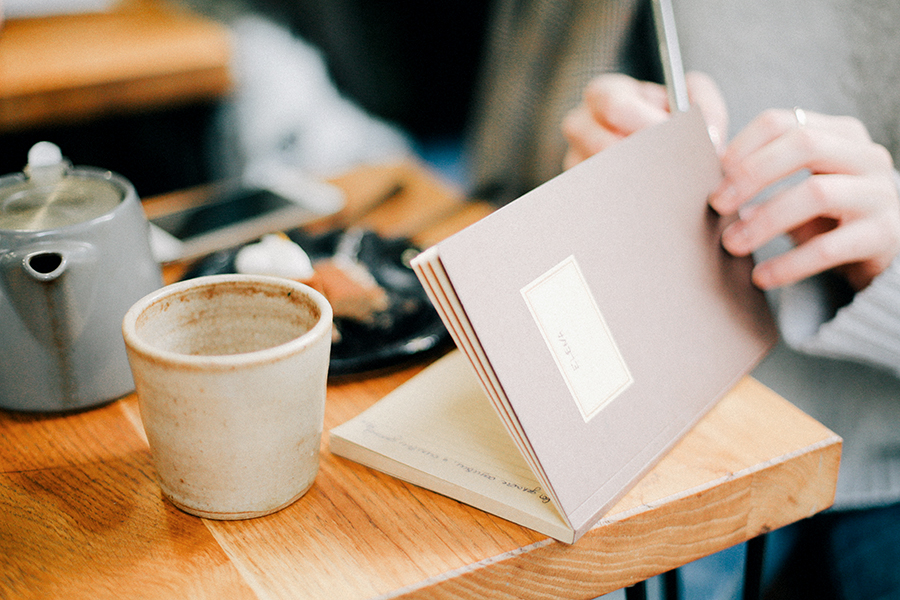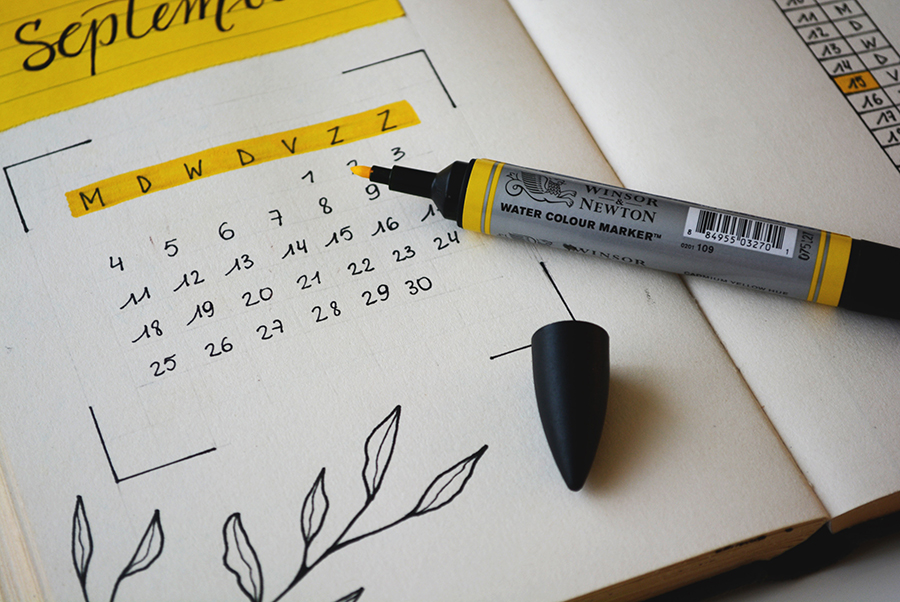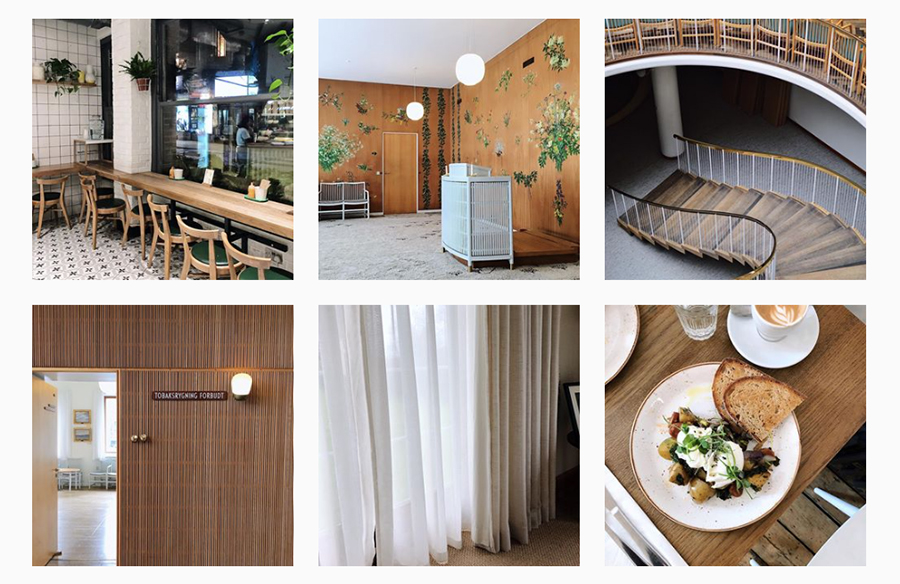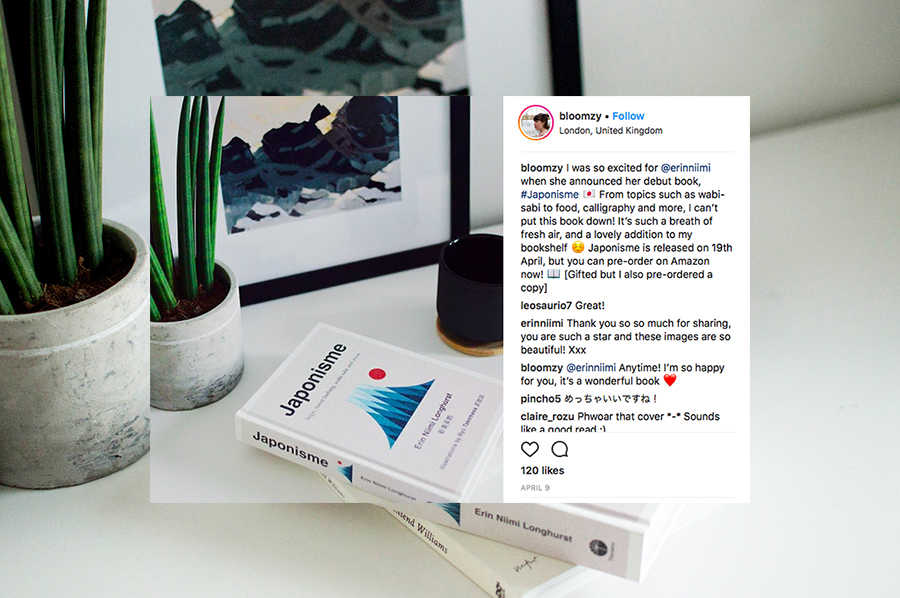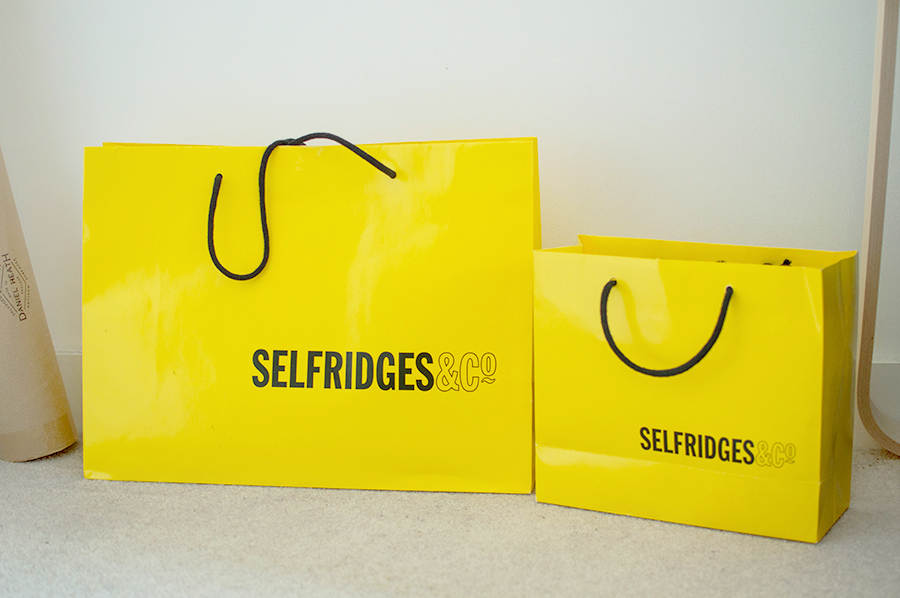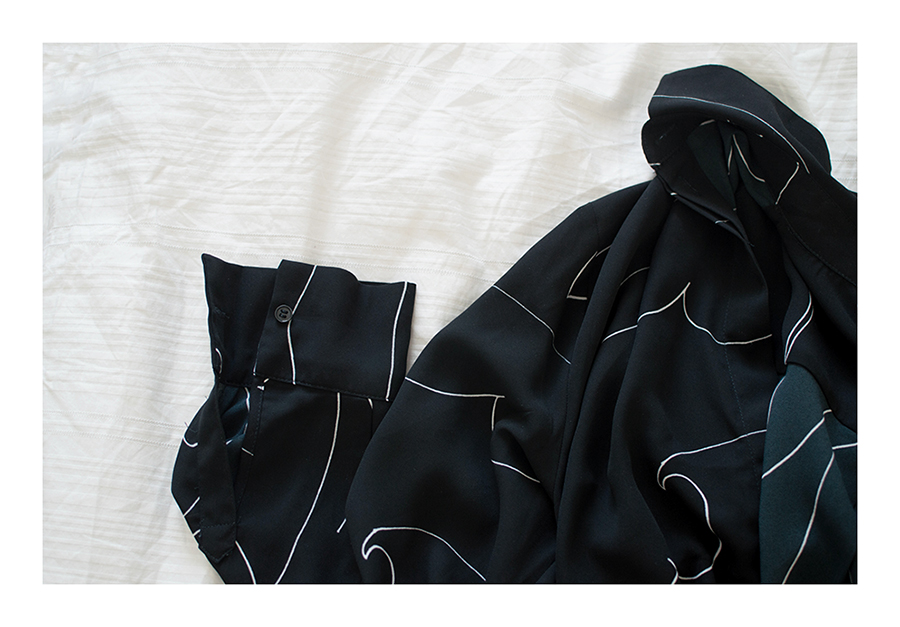
I’ve been using sustainable alternatives to sanitary products for a while, but had never seen a biodegradable pair of period pants. That is, until now! Modibodi – whose period pants I’ve been using for a couple of years now – have become the first brand to release a pair of biodegradable period underwear. That means fully leakproof AND good for the environment. Bye-bye reusable, hello biodegradable.
Modibodi Biodegradable Period Underwear
The Modibodi Brief can be washed over 100 times before reaching its tested end-of-life, the new Biodegradable Brief is the same quality as the regular Modibodi range.
- 97% biodegradable, including all fabrics, trims & dyes
- The full brief can be discarded in general waste and will biodegrade in landfill over time
- The world’s first Biodegradable leak-proof underwear.
- Completely disappears after 5 years, when buried in active soil.
- Reusable, comfortable, effective, biodegradable and better for the planet.
- Full brief RRP £34.00 available in sizes 8-20
- Bikini style RRP £32.00 available in sizes 6-18
But don’t worry they won’t start degrading in the wash. The pants can be washed over 100 times, that’s the equivalent of 8 years+ of periods when washed once a month.
How to dispose of biodegradable period underwear
First off, how does it even work? Simply put, the combination of fabrics knitted and constructed in a specific formation results in 97% biodegradable underwear scientifically proven to break down into nontoxic substances at the end of its usable life.
So how do you dispose of them? To biodegrade the underwear you will need to cut off the elastics and discard with your landfill waste (regular bin). For the main body of the underwear, you can bury it in active soil, this is soil full of natural microorganisms, bugs and bacteria (i.e. not a plant pot), which will break down into nature.
Within about 4 – 6 weeks, depending on soil and temperature conditions, the underwear will start to degrade. However, with the majority of the brief being made from plant-based fabrics very little will remain after 6 months. The remaining biodegradable TPU waterproof film and enhanced biodegradable polyamide yarn elastics will be completely broken down within 3 to 5 years.
Would I recommend Modibodi’s biodegradable period underwear?
100%! Period pants have become a replacement for regular sanitary products for me over the past few years. They’re more sustainable than pads/tampons, and you end up saving a lot of money down the road. Modibodi is also a personal favourite of mine for comfort and quality. Not to mention that period panties have changed how I approach my periods and helped me feel more comfortable and confident.
Check out more wellbeing articles now!

